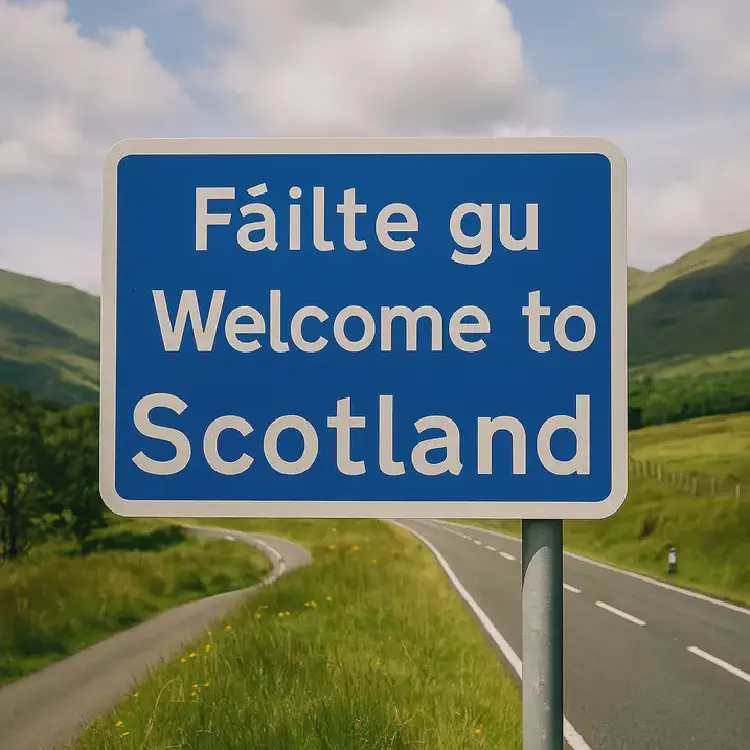
Gaelic language and heritage
Scottish Gaelic is more than a language—it’s a living link to Scotland’s history, culture, and identity. Though spoken by a minority today, it continues to shape the nation’s traditions, music, and sense of place.

Scottish Gaelic is more than a language—it’s a living link to Scotland’s history, culture, and identity. Though spoken by a minority today, it continues to shape the nation’s traditions, music, and sense of place.
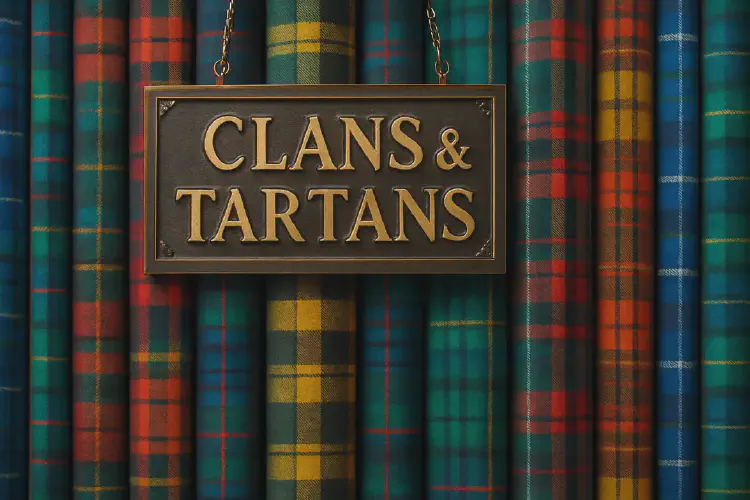
Clans and tartans are among Scotland’s most enduring symbols, evoking images of Highland warriors, family pride, and centuries of tradition. They remain central to Scotland’s identity and appeal to visitors seeking a personal connection.
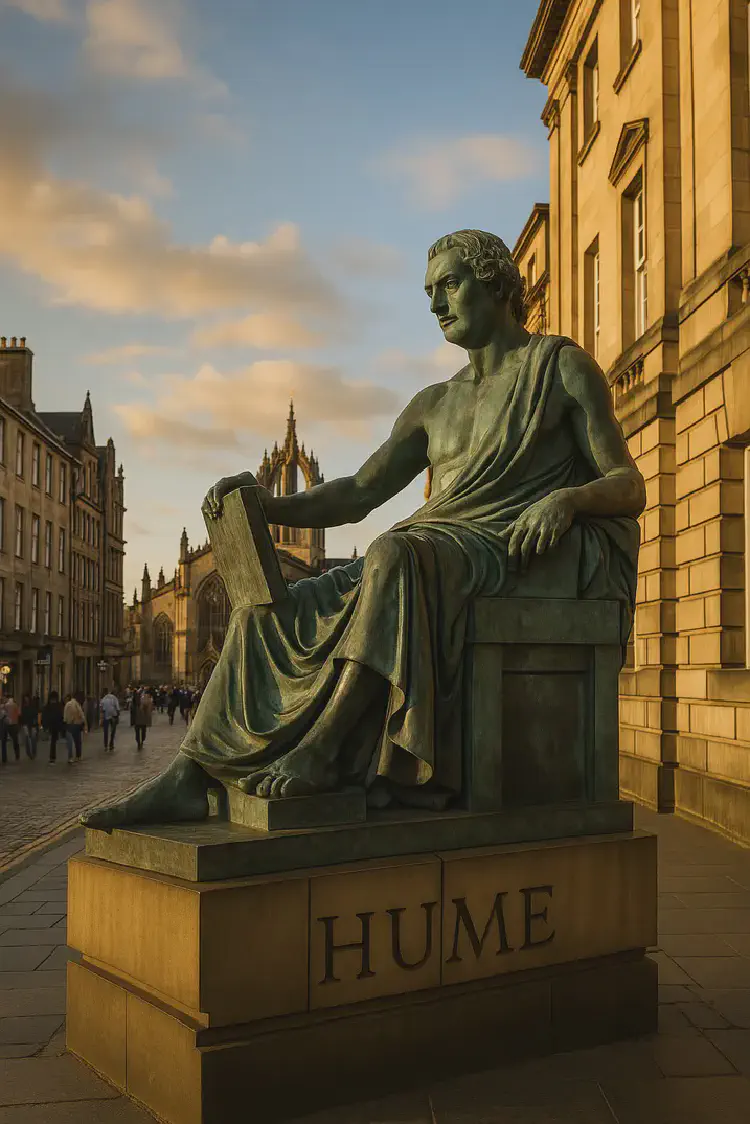
The Scottish Enlightenment of the 18th century was a golden age of ideas that reshaped philosophy, science, economics, and society. Its thinkers left a global legacy that continues to influence the modern world.
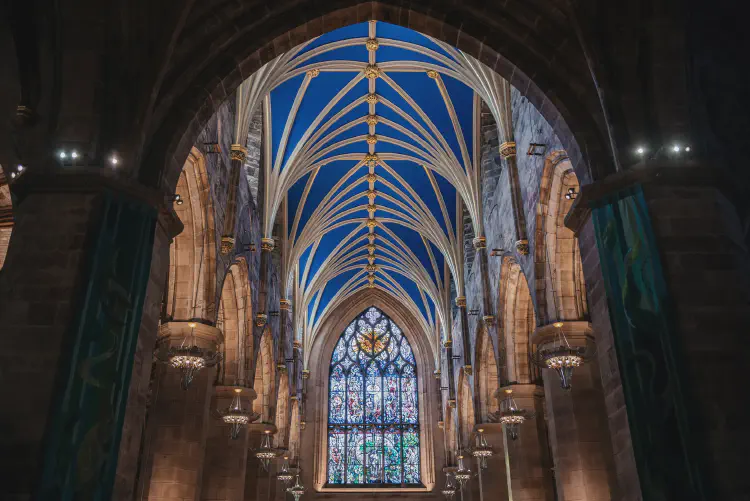
Religion has shaped Scotland’s history, culture, and identity for more than a millennium. From ancient abbeys to the Reformation, its influence can be seen in architecture, politics, and community life.
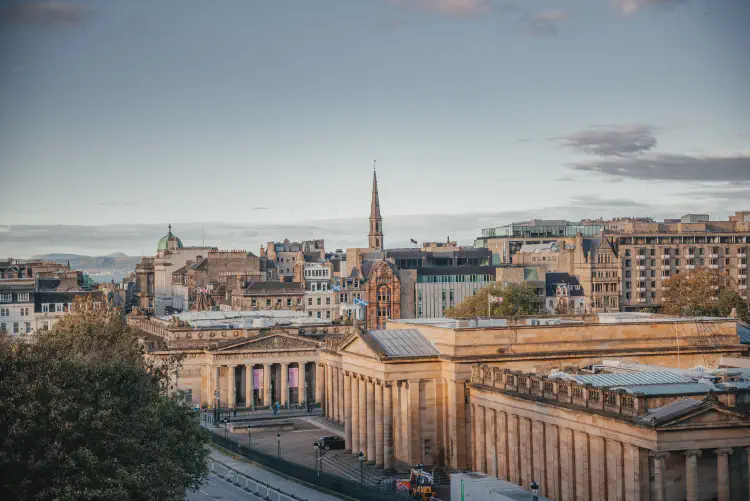
Scotland’s museums and archives safeguard centuries of history, innovation, and culture. They allow visitors to step into the nation’s past while exploring its contributions to the world.

Scotland is home to several UNESCO World Heritage sites that showcase its history, innovation, and cultural impact. Each site offers a unique window into the nation’s past and present.